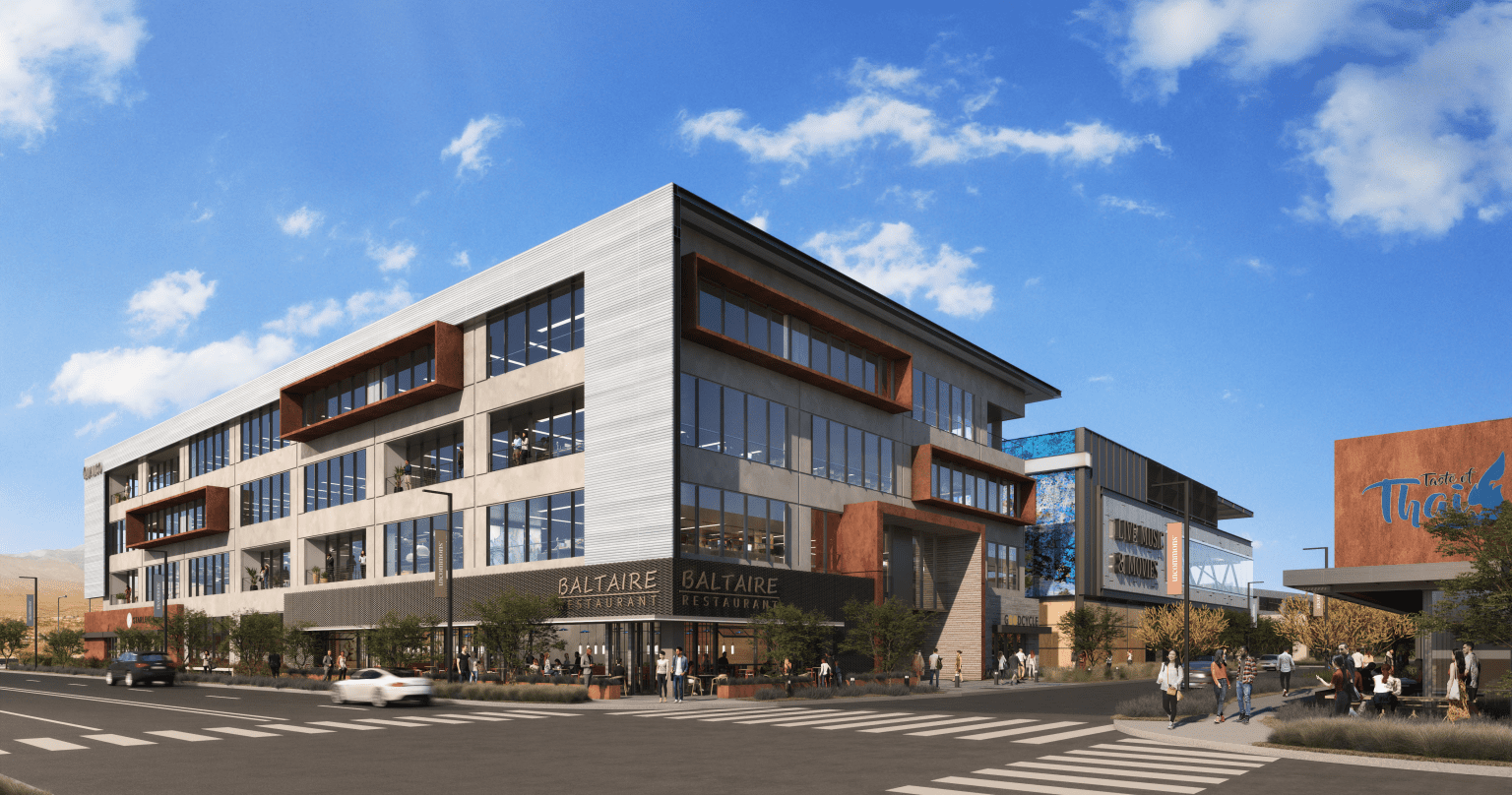Preleasing: Why it is more important than ever before

One of the biggest challenges for companies today is finding and securing the right real estate. The old way of doing things looked something like this: your broker puts together a survey of a dozen or so properties, you tour them and choose the best two or three, then the landlords compete for your business.
Though a periodic nightmare every few years for most companies, at least there was confidence that there would be a successful result. Today, for a myriad of reasons, there is a supply issue that has forced companies to change the way they typically look for space. What happens when you have outgrown or outlived your current space, there are only two or three properties available with your specifications and when you tour them, you don’t like any of them?
This describes many of the markets today. Many development companies hit the pause button on building office space for a good decade after the Great Financial Crisis. When the pandemic hit and the future of office space became uncertain, most other planned projects for office space were shelved again. Together, these factors mean that when a project does get financing and actually gets built, companies looking for space may find that it is already leased by the time it is finished. This is called “preleasing” and it is a concept that most companies need to get familiar with if they want to effectively compete for the right space.
The tables have turned. Now, companies are competing for the buildings versus the old standard of buildings competing for the tenants. A great example of this is UnCommons, our highly-anticipated $400 million mixed-use development opening in Las Vegas next year. The first phase of UnCommons’ nearly 180,000 square feet of office space is 99% leased and won’t be complete for six more months. We are getting ready to start preleasing Phase II of UnCommons. The types of companies we’ve attracted were not small local businesses, but discerning regional and global companies such as DraftKings, Morgan Stanley, CBRE, Sotheby’s International Realty and BDO. These industry leaders saw this pattern in other markets and realized that they needed to secure space in newer, more modern developments while there is still space. It’s just like the old game of musical chairs. In fact, UnCommons’ first official tenant, CBRE, signed their lease before we even broke ground.
In general, preleasing can be very risky for a company. What if the project is delayed, or doesn’t get finished? What if it ends up being much different than initially represented? What if my company’s needs change during the development period? What if, what if, what if? There are many reasons companies procrastinate on making real estate moves, especially if the focus is on risk management. But the real risk to an enterprise may lie in the fact that the modern workforce wants more out of the workplace. And if a company doesn’t get this right today, the bigger risk may be getting or keeping the talent that really moves the needle of the success of the company.
Today, companies may want to start thinking about office leases two years prior to its expiration. Yes two years. Interview and hire a broker early. Have them keep you informed of new developments as they may take up to two years to complete. Track progress of the leasing and be ready to pounce when you need to. I realize that it is almost a miracle if the timing lines up perfectly for the new development and your existing lease obligation. Try to approach your current landlord and negotiate some flexibility in your existing lease. Check your “Holdover” paragraph in your current lease to see what type of penalties you have if you need to extend for a short term. Most new leases offer some free rent in the beginning that could help cover some of those holdover costs, so you are not paying double rent.
For most companies, the opportunity to relocate to a modern workplace is a top priority, and although rent is an important factor, don’t lose sight that when the music stops…you will need a chair.
Tom van Betten is vice president of strategic relationships at Matter Real Estate Group, the developer behind UnCommons.
Looking to relocate your business soon? Let’s connect: tom.vanbetten@matterrealestate.com.


